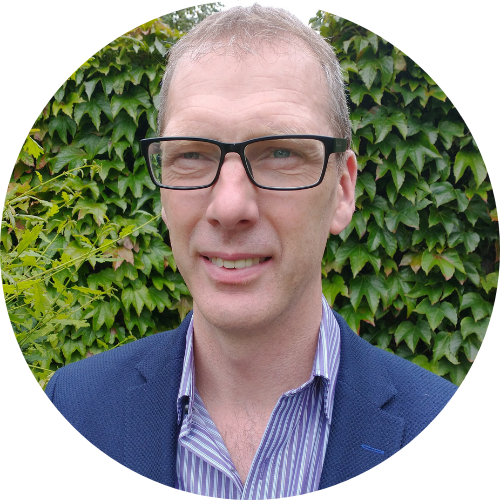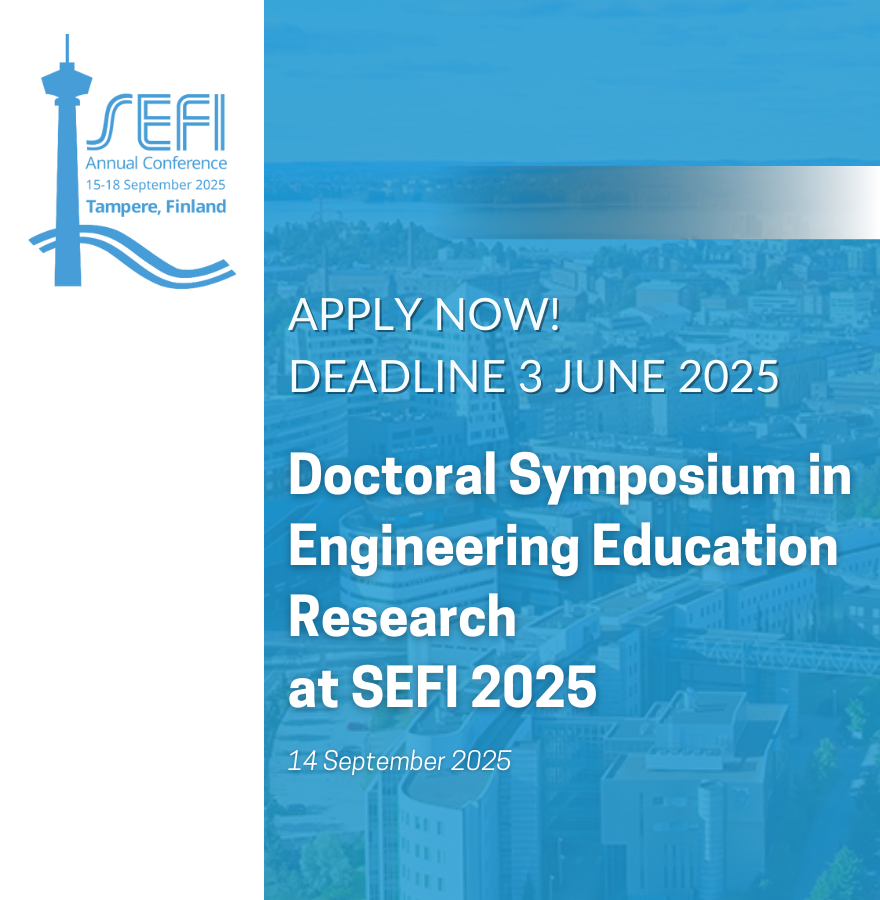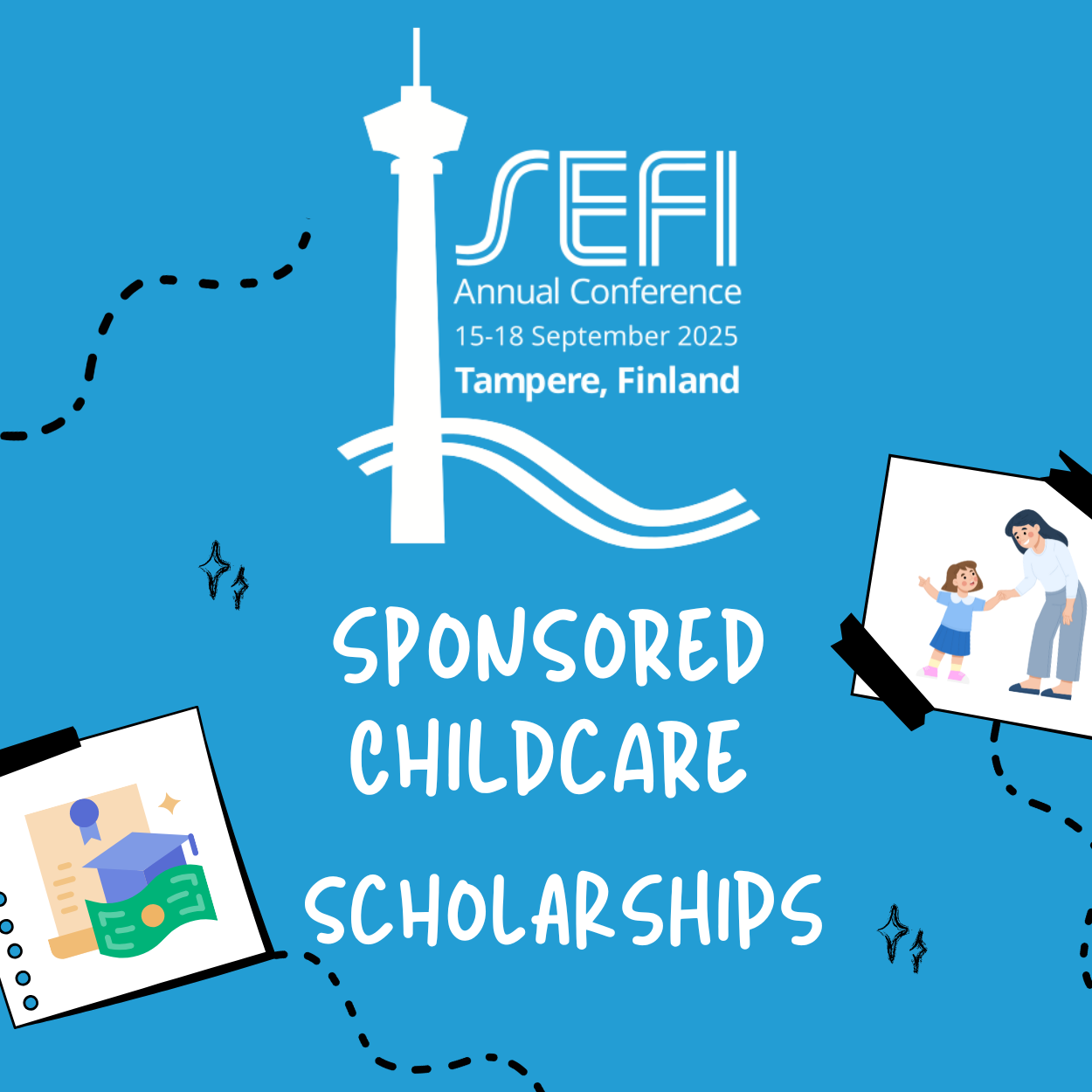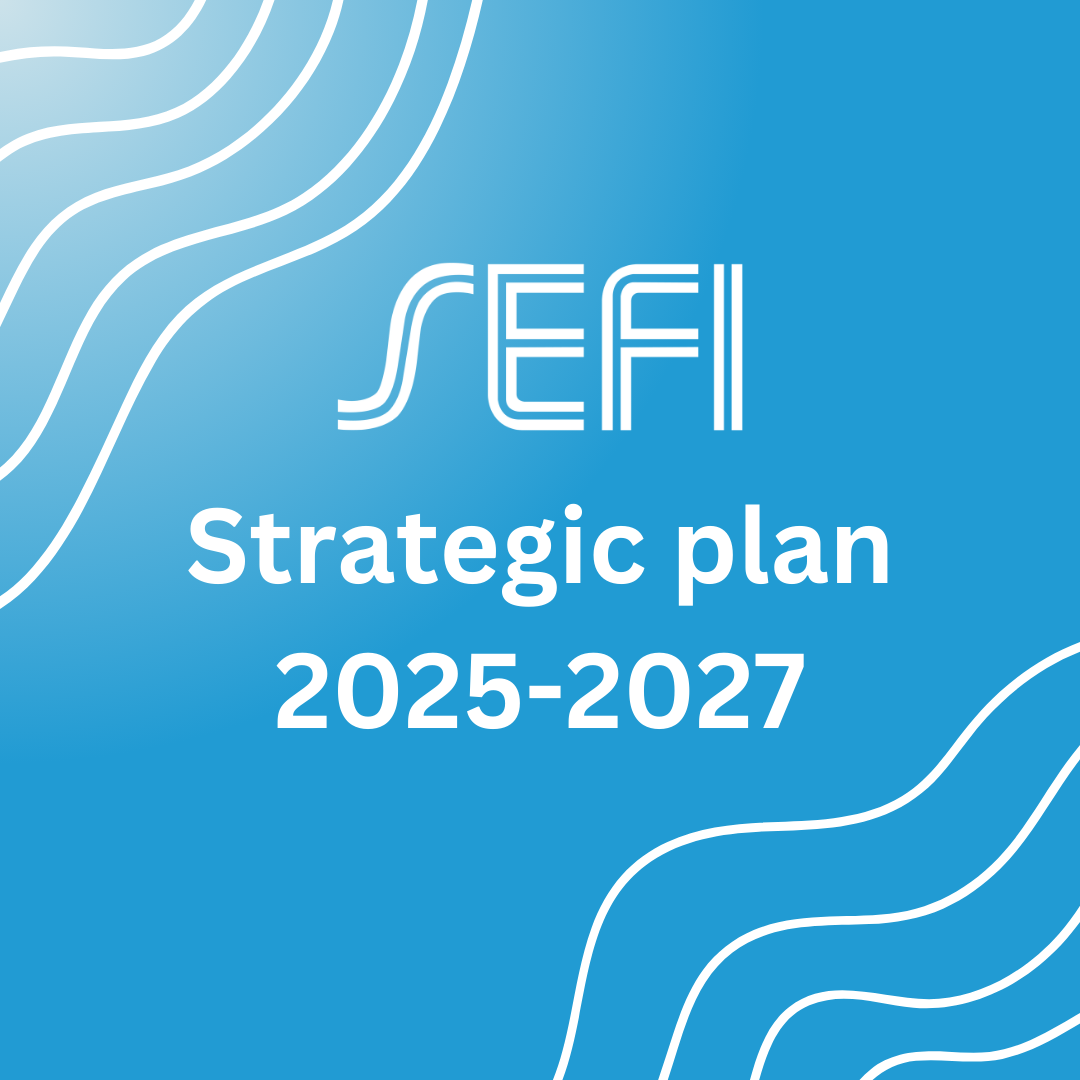The 9th Doctoral Symposium in Engineering Education Research offers an opportunity for PhD candidates to explore and…
Edmond Byrne, University College Cork, Ireland

A decade ago, I published a paper on “Teaching engineering ethics with sustainability as context” (Byrne, 2012), reflecting on what Herkert (2000) had previously identified as “the traditional preoccupation of engineering ethics with specific moral dilemmas confronting individuals”. The paper described a first year engineering course exercise developed to seek to challenge this traditional approach by “seeking to incorporate sustainability and other macro ethical issues.”.
This was done through the lens of a topical issue of water provision for Dublin. An increased population and demand trajectory meant that the local authority was forced to consider options for Ireland’s capital; a classical ‘wicked problem’. The idea was to facilitate development of student appreciation around the need for critical thinking and transdisciplinary approaches, in particular when handling complexity and uncertainty around macro ethical issues. Students were invited to consider the problem and any proposed interventions in relation to the Engineers Ireland professional Code of Ethics in place at the time. While the assignment proved popular among students, the outcomes were less satisfactory. Prior to this, the local authority had just employed the services of a multinational engineering company which had considered a number of technical options, all of which involved large scale engineering and all involved increasing supply to meet growing demand.
The chosen option (which is yet to be built) was to take water from the River Shannon, the longest river in Ireland which flows down through the centre of the island and into the Atlantic. Even though this has met with opposition from several quarters, including many local environmental and tourism groups, the students invariably felt it had been ‘the’ correct solution, perhaps given it was proposed by a professional engineering consultancy which had selected it via was considered to be an objective study. Rather than consider creative, localised micro-interventions including around reducing demand (which may require less ‘big’ engineering, though more small scale, diffuse or diverse technological developments), or look at contemporary developments with water management in other (water scarce) parts of the world, students invariably considered and choose options similar to the one which had been ultimately recommended and chosen, oftentimes coming up with quantitative metrics and scoring systems to justify.
On reflection, this helped reveal some key challenges of teaching ethics, in particular around macro ethical issues. Problem framing arises as a key and foundational issue. Both (real life) proponents and opponents of the proposed intervention cited ‘sustainability’ imperatives (with various conceptions), while (as I suggested), the students invariably “stayed within the confines framed by [the engineering] report through their presentations”.
This led me to consider the value of being explicit about exposing students to different problem framings, while highlighting how disparate framings can close down or open up potentially very different interventions. Moreover, respective framings are often contingent on personal worldviews or paradigms. This is important for engineers to understand in particular in the context of engineers failing to understand that protestors often oppose large scale engineering projects not because of ignorance of ‘the science’ or due to lack of education, but because of different legitimately held values or worldviews. I have thus employed a worldviews model proposed by Dutch researcher Annick de Witt, called the Integrative Worldview Framework (incorporating Traditional, Modern, Postmodern and Integrative worldviews) (De Witt et al, 2016; De Witt and Hedlund, 2017) in ethics classes to demonstrate how even within an engineering class a diversity of legitimate worldviews may pertain, which in turn may lead to quite different proposed framings and interventions for a range of problems.
This model can help thus help see how different approaches to contemporary urban water provision (in the context of a changing climate) can lead to various proposals which may include those which would prioritize conservation, technical ascendancy, innovative self-sufficiency and/or combinations of each, underpinned by the need for a recognition of context and the local.
Such a recognition can also help engineers (and others) understand how and why societal groups and citizens may oppose what appear to be wholly rational interventions and project solutions (to the engineers at least). This can help legitimize the opposition through an understanding of underpinning worldviews, rather than resulting unproductive demonization or talking over each other. It allows for conditions where opposing groups may better empathize with each other; and are thus perhaps better equipped to overcome common societal problems.
Such approaches to ethics, it is argued, is required to make for a graduate engineering cohort which is far better equipped to handle complex, wicked macro-ethical societal problems such as municipal water provision among others, in particular in broader societal (un)sustainability contexts. The contemporary engineering graduate requires no less.
References:
Byrne, E.P. 2012. Teaching engineering ethics with sustainability as context, International Journal of Sustainability in Higher Education, 13(3), 232-248.
De Witt, A. de Boer, J., Hedlund, N., Osseweijer, P. 2016. A new tool to map the major worldviews in the Netherlands and USA, and explore how they relate to climate change, Environmental Science & Policy, 63, 101-112.
De Witt, A., Hedlund, N. H., 2017. Towards an integral ecology of worldviews: Reflexive communications for climate solutions. In: S. Mickey, A. Robbert and S. Kelly (eds), The Variety of Integral Ecologies: Nature, Culture, and Knowledge in the Planetary Era. New York, SUNY Press.
Herkert, J.R. 2000. Engineering ethics education in the USA: Content, pedagogy and curriculum, European Journal of Engineering Education, 25, 303-313.
Edmond Byrne is the Conference Chair of the 2020/1 Engineering Education for Sustainable Development conference. The conference was the launching venue of the 2021 Cork Amendment to the Barcelona Declaration(2004).


